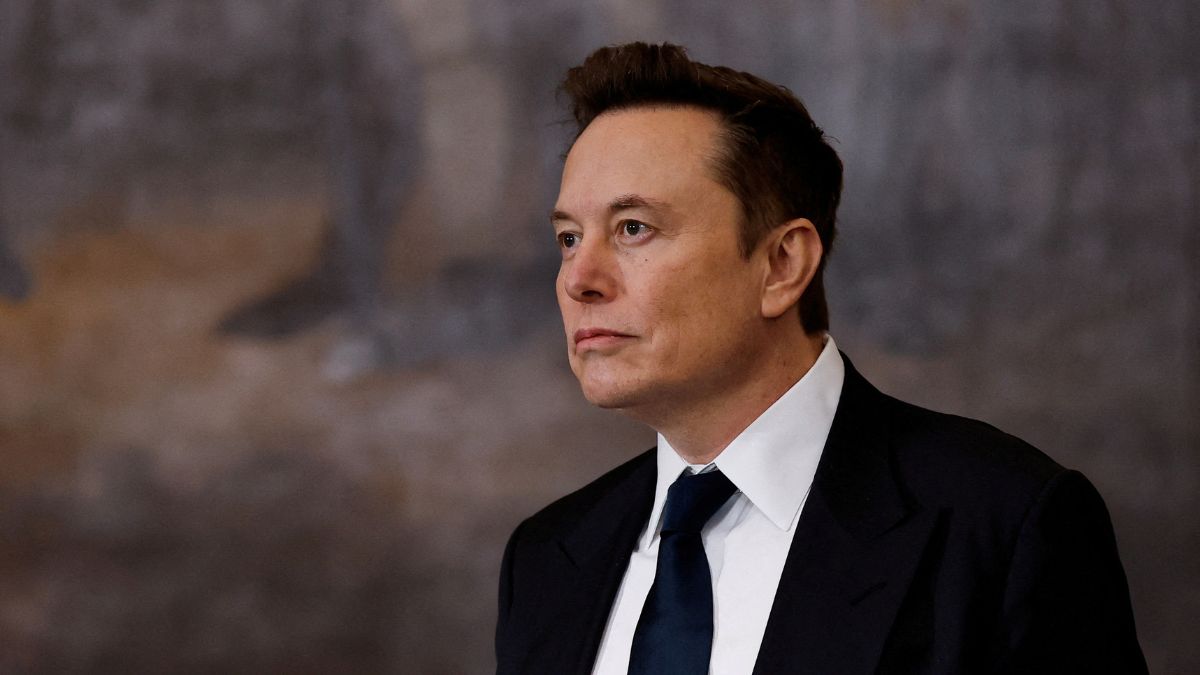One of the most influential figures in the world of technology and business today, is facing potential expulsion from the prestigious Royal Society.
Since its inception, the society has counted over 8,000 Fellows, including more than 280 Nobel laureates.
Today, its mission includes fostering international scientific collaboration, providing expert advice, and promoting the role of science in society.
Despite its long-standing traditions, the Royal Society has found itself entangled in a modern controversy involving one of its more recent Fellows — Elon Musk.
What is the Royal Society?
Founded in 1660, the Royal Society is the United Kingdom’s national academy of sciences and the oldest continuously existing scientific academy in the world.
It was established to promote scientific advancements and has been instrumental in shaping global research for centuries. The Society was granted a royal charter by King Charles II in 1662, solidifying its status as an esteemed institution dedicated to improving natural knowledge.
Over the years, the Royal Society has counted some of the most brilliant minds in history among its Fellows, including Isaac Newton, Charles Darwin, Albert Einstein, Stephen Hawking, and Alan Turing.
Fellowship is one of the highest honours a scientist can achieve, akin to a lifetime achievement award in the field of science. The Society currently has about 1,700 Fellows, with up to 73 new members elected each year from a competitive pool of around 800 candidates.
Why is Elon Musk facing potential expulsion?
The Royal Society is under pressure to reconsider Elon Musk’s Fellowship due to concerns raised by thousands of scientists. Musk, the CEO of Tesla, SpaceX, Neuralink, and the Boring Company, was elected a Fellow in 2018 for his contributions to space travel and electric vehicle technology.
However, his recent conduct has sparked a debate over whether he still upholds the Society’s values.
An open letter, penned by structural biologist Stephen Curry and signed by over 2,700 scientists, criticises Musk for allegedly violating the Society’s code of conduct.
The letter highlights his promotion of conspiracy theories, attacks on scientific figures like Dr. Anthony Fauci, and controversial online remarks. Additionally, Musk’s involvement in the Trump administration has further fuelled concerns about his alignment with scientific principles.
“The situation is rendered more serious because Mr. Musk now occupies a position within a Trump administration in the USA that has over the past several weeks engaged in an assault on scientific research,” the letter states.
How have members of the Royal Society reacted?
In response to the growing outcry, the Royal Society announced a meeting scheduled for March 3 to discuss the principles surrounding Fellows’ public pronouncements and behaviours.
While the Society has not confirmed whether Musk will be directly discussed, the timing suggests that the concerns raised about him will be addressed.
A spokesperson for the Royal Society stated: “The Royal Society is holding a meeting of the Fellows to discuss the principles around public pronouncements and behaviours of Fellows. Any issues raised in respect of individual Fellows are dealt with in strict confidence.”
Also Read | Doge’s crackdown on health agencies fuels new pandemic threat
Several scientists have resigned in protest at the Society’s perceived inaction regarding Musk’s conduct. University of Oxford psychologist Professor Dorothy Bishop stepped down, stating, “I just feel far more comfortable to be dissociated from an institution that continues to honour this disreputable man.”
Biologist Andrew Miller from the University of Edinburgh also resigned, citing the Society’s inability to take action against Musk’s “promotion of disinformation and attacks on evidence-based policies.”
Is expelling a Fellow of the Royal Society a common thing?
Expelling a Fellow from the Royal Society is an extremely rare occurrence. The last known expulsion happened over 150 years ago when Rudolf Eric Raspe was removed for fraud.
Any decision to revoke Musk’s Fellowship could be seen as highly political and risks drawing the Society into the broader culture wars surrounding Musk’s controversial statements and political affiliations.
One anonymous Fellow, who spoke to The Times, voiced concerns about the precedent such an expulsion could set, saying: “I don’t like what Musk is doing—it’s reprehensible. But I also think he’s an astounding person in terms of what he has contributed to engineering. The Society would be hypocritical if it singled out and censured one person for things they have said and done. You open the doors to charges of hypocrisy if you go down this road.”
Also Read | Is Nasa Elon Musk’s next target? Doge’s latest mission raises big questions
The upcoming March 3 meeting will determine the Royal Society’s stance on the matter. Whether Musk will face any disciplinary action remains unclear, but the controversy has already sparked a broader conversation about the responsibilities and ethical considerations of scientists in public life.
Stephen Curry, speaking to the press, stated that his primary concern is the Society’s silence: “I’m not looking to silence Musk, but it’s the lack of action by the Royal Society that’s a concern here. At the very least, they should come out and disassociate themselves with the things he’s said and done.”
Also Watch:
With inputs from agencies
)